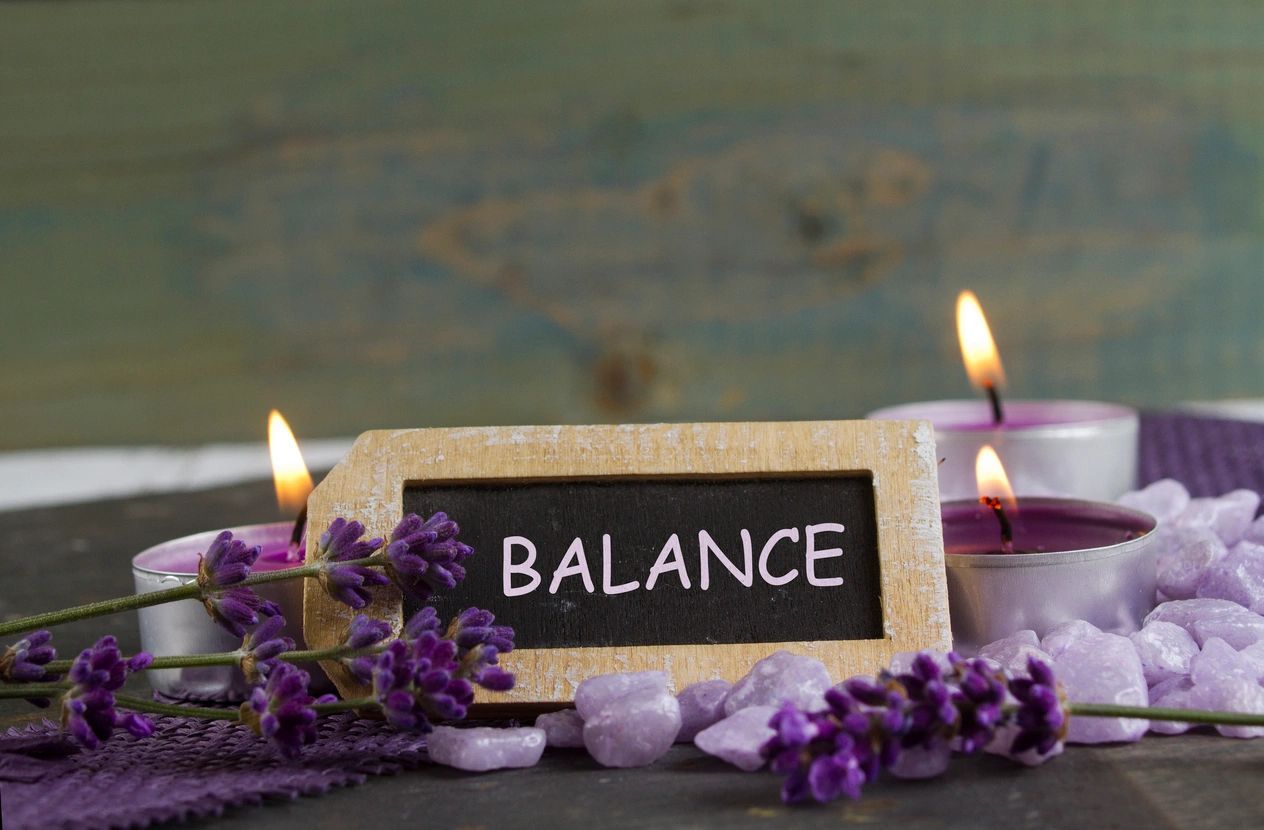Over the past several blogs, we’ve established what anxiety is, looked at symptoms of anxiety and when to seek help, and discussed tips for managing anxiety. In this last blog in our “All About Anxiety” series, we want to discuss habits that we can develop that will lead us all towards an anxiety-free lifestyle. The reality is that our culture is becoming busier and busier. More people are over stressed than ever before, and extreme levels of anxiety are even beginning to become prevalent in our children and youth. We know there is a problem, so what lifestyle habits can we put into place to keep anxiety far at bay?
- Learn to say “No.” For high achievers and people pleasers, the word “no” can be hard to say. We want to succeed at everything and please all of the people around us. In turn, we over commit ourselves and experience burn out in many areas of our lives. Saying “no” is often viewed as a negative action. After all, we may be letting others down and selling ourselves short, right? Thinking this way is unhealthy. There are times when saying “no” can be the best thing that you can do for yourself and those you care about. If your plate is already full, then it is okay to say “no” when asked to commit to another function or activity. Telling your child “no” to a second or third after school activity protects both family time and a child’s emotional state. Saying “no” to a night out with friends can be healthy when you need some alone time to recharge. The next time you are faced with an option that you know is not healthy for you and your family, be okay with saying “no,” and know that you are making a choice to decrease anxiety and work towards an anxiety-free lifestyle.
- Exercise. Scientific research proves that exercise releases those “feel good” endorphins in our bodies. Our brains and the rest of our bodies are connected by many nerve connections. Therefore, when our bodies feel good, our brains feel good, and vice versa. Exercise has also been proven to improve sleep patterns, decrease overall levels of tension, improve concentration and attention, and reduce fatigue. Make time in your weekly routine to exercise. Even a brisk ten minute walk can tremendously improve your mood and decrease stress. Create a habit in your life of exercising at least 3 times a week, and know that you are setting up a healthy habit to keep anxiety at a minimum.
- Work towards getting adequate sleep. Anxiety and sleep deprivation go hand in hand. Many people find themselves in a vicious cycle of not being able to sleep, which in turn causes more anxiety. There are several things that you can do to help yourself unwind and work towards getting adequate sleep. Limit screens before bed. Turn the TV off earlier and stop checking emails and scrolling through social media at bedtime. Research shows that using screens before bed can cause more stress to the mind. Do something relaxing before bed, such as taking a warm bath or a hot shower. Spend time reading, journaling, or meditating. Additionally, it is best to avoid caffeine and alcohol before bed as these substances can stimulate the brain. Getting adequate sleep does wonders for our brains, moods, and anxiety.
- Eat a healthy diet. The foods we put into our bodies matter. Filling our bodies with junk food adds stress to our bodies and brains. Eating complex carbohydrates, such as sweet potatoes and brown rice, increases the levels of seratonin in our brains, which has a calming effect on our bodies. Drinking plenty of water keeps our bodies from becoming dehydrated, which can negatively affect our mood. Eating small meals throughout the day, or snacks between meals, keeps our blood sugar regulated, avoiding sugar crashes and mood swings. Focus on making healthy choices such as fruit, vegetables, proteins, and complex carbs. When your body feels better and is fueled properly, your brain will feel better and function at a higher level.
- Practice gratitude. Develop a habit in your life of practicing gratitude or reflecting on the things you are thankful for. When we focus on the positive things going on in our lives, our brains begin to think in an overall positive way, and the way we think helps to determine our emotions. Perhaps make it a habit at the end of each day to recount 3 things that you were thankful for that day. Maybe a stranger took your grocery cart for you, or the traffic lights were all green and you weren’t late for work. Maybe your child made a good choice with his or her behavior that day. Make time to recount and focus on the positive and be thankful. Making gratitude a habit will decrease stress and get your brain off of focusing on the negative, limiting anxiety.
Some anxiety is something that we will always deal with at times, but putting these 5 habits into practice will keep anxiety at bay and will move us closer to an anxiety-free lifestyle. If you are continuing to struggle with anxiety, please give us a call at Water’s Edge Counseling. Our therapists are here to help you work towards a lifestyle free of anxiety and overwhelming stress. We look forward to your call!

